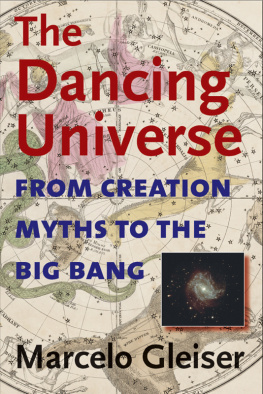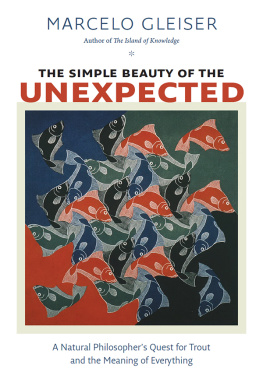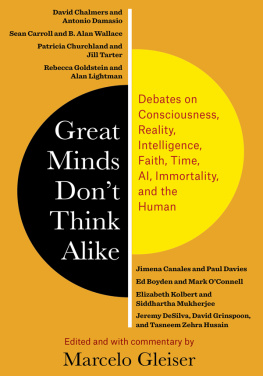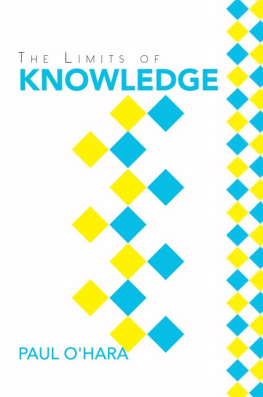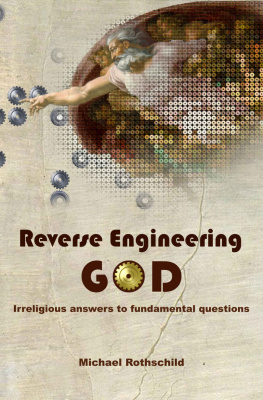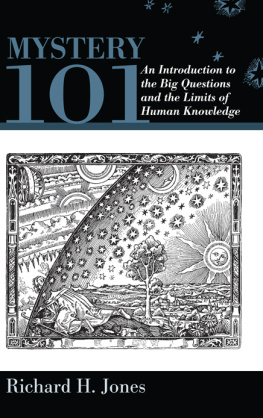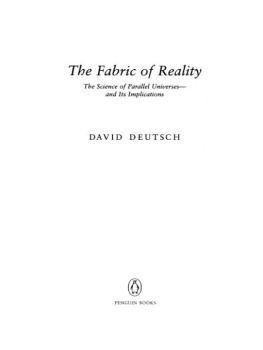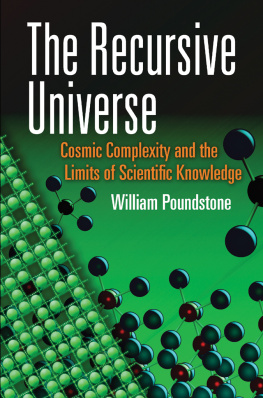Marcelo Gleiser - The Island of Knowledge: The Limits of Science and the Search for Meaning
Here you can read online Marcelo Gleiser - The Island of Knowledge: The Limits of Science and the Search for Meaning full text of the book (entire story) in english for free. Download pdf and epub, get meaning, cover and reviews about this ebook. year: 2014, publisher: Basic Books, genre: Science. Description of the work, (preface) as well as reviews are available. Best literature library LitArk.com created for fans of good reading and offers a wide selection of genres:
Romance novel
Science fiction
Adventure
Detective
Science
History
Home and family
Prose
Art
Politics
Computer
Non-fiction
Religion
Business
Children
Humor
Choose a favorite category and find really read worthwhile books. Enjoy immersion in the world of imagination, feel the emotions of the characters or learn something new for yourself, make an fascinating discovery.

- Book:The Island of Knowledge: The Limits of Science and the Search for Meaning
- Author:
- Publisher:Basic Books
- Genre:
- Year:2014
- Rating:5 / 5
- Favourites:Add to favourites
- Your mark:
The Island of Knowledge: The Limits of Science and the Search for Meaning: summary, description and annotation
We offer to read an annotation, description, summary or preface (depends on what the author of the book "The Island of Knowledge: The Limits of Science and the Search for Meaning" wrote himself). If you haven't found the necessary information about the book — write in the comments, we will try to find it.
To be human is to want to know, but what we are able to observe is only a tiny portion of whats out there. In The Island of Knowledge, physicist Marcelo Gleiser traces our search for answers to the most fundamental questions of existence. In so doing, he reaches a provocative conclusion: science, the main tool we use to find answers, is fundamentally limited.
These limits to our knowledge arise both from our tools of exploration and from the nature of physical reality: the speed of light, the uncertainty principle, the impossibility of seeing beyond the cosmic horizon, the incompleteness theorem, and our own limitations as an intelligent species. Recognizing limits in this way, Gleiser argues, is not a deterrent to progress or a surrendering to religion. Rather, it frees us to question the meaning and nature of the universe while affirming the central role of life and ourselves in it. Science can and must go on, but recognizing its limits reveals its true mission: to know the universe is to know ourselves.
Telling the dramatic story of our quest for understanding, The Island of Knowledge offers a highly original exploration of the ideas of some of the greatest thinkers in history, from Plato to Einstein, and how they affect us today. An authoritative, broad-ranging intellectual history of our search for knowledge and meaning, The Island of Knowledge is a unique view of what it means to be human in a universe filled with mystery.
Marcelo Gleiser: author's other books
Who wrote The Island of Knowledge: The Limits of Science and the Search for Meaning? Find out the surname, the name of the author of the book and a list of all author's works by series.

